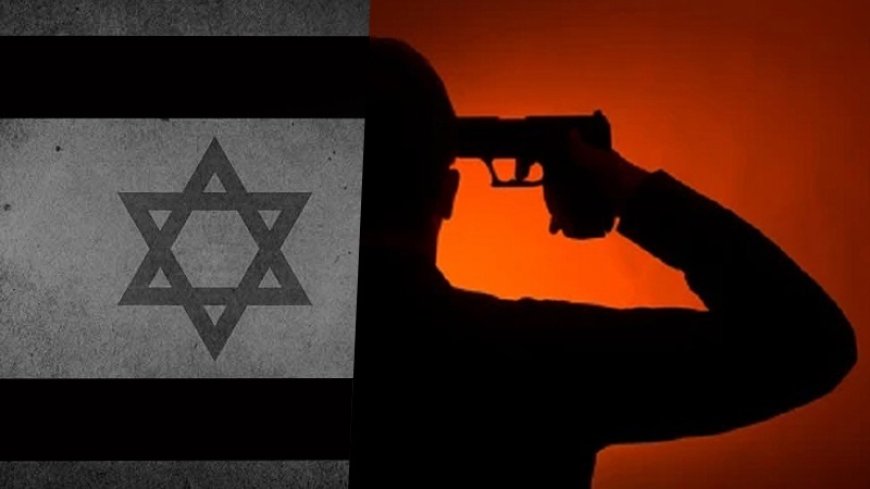Israeli Assassination of Ismail Haniyeh Sparks Heightened Regional Tensions
Recent developments following the Israeli assassination of Hamas leader Ismail Haniyeh have escalated regional tensions significantly, with pro-Israel analysts acknowledging that the repercussions from Iran and Hezbollah could be more severe than initially anticipated.

Recent developments following the Israeli assassination of Hamas leader Ismail Haniyeh have escalated regional tensions significantly, with pro-Israel analysts acknowledging that the repercussions from Iran and Hezbollah could be more severe than initially anticipated.
The Israeli government's decision to eliminate Haniyeh, aimed at undermining the Hamas movement and derailing peace negotiations, appears to have backfired, resulting in a strategic blunder for the Israeli regime. This operation, rather than weakening the resistance, has exacerbated the security situation in Israel, plunging the nation into a period of unprecedented crisis.
According to ArabNews, the Israeli media and security sources reflect a growing concern over the deteriorating security environment. The Israeli Defense Forces (IDF) have been placed on high alert, as indicated by the cancellation of combat unit leave and the significant reduction of industrial activities in northern regions. These measures suggest Israel’s deep apprehension about potential widespread and coordinated retaliatory attacks by Iran and Hezbollah.
Ma'ariv reports that the assassination has not improved Israel’s security landscape but instead has worsened it. The IDF has been forced to reallocate resources to address threats from the axis of resistance, highlighting the inadequacy of the current military strategy. Hebrew sources reveal that the Israeli regime is grappling with escalating security challenges across various regions, signaling a loss of control over its security apparatus.
Yediot Aharonot has indicated that the anticipated response from Iran and Hezbollah could involve a multi-pronged assault, potentially with involvement from Yemeni forces. This coordinated attack is projected to inflict widespread damage on Israeli infrastructure, amplifying the threat level facing the nation.
Additionally, security conditions in the West Bank have further strained Israeli resources. The Israeli Air Force is engaged in intensive patrols and has deployed additional defense units to manage the escalating situation, which remains highly volatile with potential for significant clashes.
Pro-Israel commentators, including those from Yediot Aharonot, have criticized the ongoing military strategy, suggesting that the continuation of such policies will likely exacerbate tensions and lead to further destruction. Calls for an immediate cessation of hostilities are growing, with critics arguing that current approaches have only intensified regional instability.
International support for Israel is also under scrutiny, with recent arms embargoes from countries like Canada and the potential cessation of arms exports by Italy signaling a shift in global backing due to Israel’s aggressive policies.
As the situation evolves, projections indicate that Israel may be entering a particularly perilous phase, characterized by the potential for widespread conflict and significant destruction. This crisis underscores the severe implications of Israel’s recent actions and its broader impact on regional stability













































